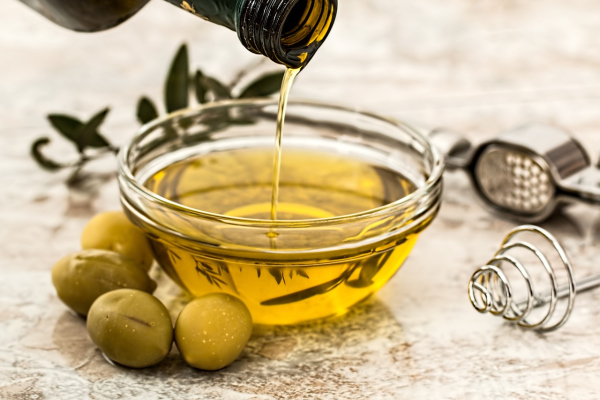 |
The Finest Harvest in Every Bottle:PDO/DOP Certified Extra Virgin Olive Oils |
 |
The Finest Harvest in Every Bottle:PDO/DOP Certified Extra Virgin Olive Oils |

The History and Origin of Extra Virgin Olive OilAncient BeginningsExtra virgin olive oil (EVOO) has been produced for thousands of years, with its origins tracing back to the Mediterranean region. The cultivation of olive trees and the production of olive oil date back to ancient civilizations such as the Greeks, Romans, and Egyptians. These early cultures recognized the value of olive oil for its nutritional, medicinal, and ceremonial purposes. Cultural SignificanceIn ancient Greece, olive oil was considered a gift from the gods and was used in religious rituals, athletic events, and daily life. Athletes would rub themselves with olive oil before competitions, and winners were often awarded jars of olive oil. Similarly, the Romans used olive oil extensively in cooking, medicine, and skincare. The oil was a staple in the Roman diet and was also used to fuel lamps and as a base for perfumes. Trade and EconomyOlive oil played a vital role in the economies of ancient civilizations. It was a highly valued commodity and was traded extensively across the Mediterranean and beyond. Olive oil was transported in large clay jars called amphorae, which have been found in archaeological sites throughout the region. The trade of olive oil contributed to the wealth and prosperity of ancient cities and helped establish the Mediterranean as a hub of commerce and culture. Modern ProductionToday, EVOO is produced worldwide, with major producers including Spain, Italy, Greece, Turkey, and California. Advances in agricultural practices and technology have improved the quality and efficiency of olive oil production. Modern methods, such as mechanical harvesting and cold pressing, help preserve the oil's natural flavors and nutritional value. The Olive TreeThe olive tree, Olea europaea, is a symbol of peace, wisdom, and longevity. It is a hardy and drought-resistant tree that can live for hundreds of years. Olive trees are well-suited to the Mediterranean climate, with its hot, dry summers and mild, wet winters. The trees produce small, bitter fruit that is harvested and processed to extract the precious oil. Expert InsightsHistorian Dr. Emily Stone notes, "The history of olive oil is intertwined with the history of human civilization. From ancient rituals to modern culinary uses, olive oil has been a staple in the diets and cultures of many societies." Olive Oil in Modern CuisineToday, EVOO is a key ingredient in many cuisines around the world. Its rich flavor and health benefits make it a popular choice for cooking, dressing, and finishing dishes. Chefs and home cooks alike appreciate the versatility of EVOO, using it in everything from salads and pastas to desserts and baked goods. Health BenefitsThe health benefits of EVOO have been recognized for centuries. Rich in monounsaturated fats and antioxidants, EVOO is known to support heart health, reduce inflammation, and protect against chronic diseases. Modern research continues to uncover the many ways in which EVOO contributes to overall well-being. Explore how EVOO can benefit your health in Health Benefits of Extra Virgin Olive Oil. Learn about different olive oil grades in Olive Oil Grades Explained and discover the best recipes using EVOO in The Best Recipes Using Extra Virgin Olive Oil. |
Disclaimer: Some articles on this site mention various health benefits of extra virgin olive oils. Some of the benefits have been researched and some are from individual's personal experiences. In any case, these articles are not intended to act as a medical reference. If you are using, or are considering using olive oil for specific health related issues, you are advised to speak with your health care provider for advice pertaining to your situation. These articles are for educational purposes only.